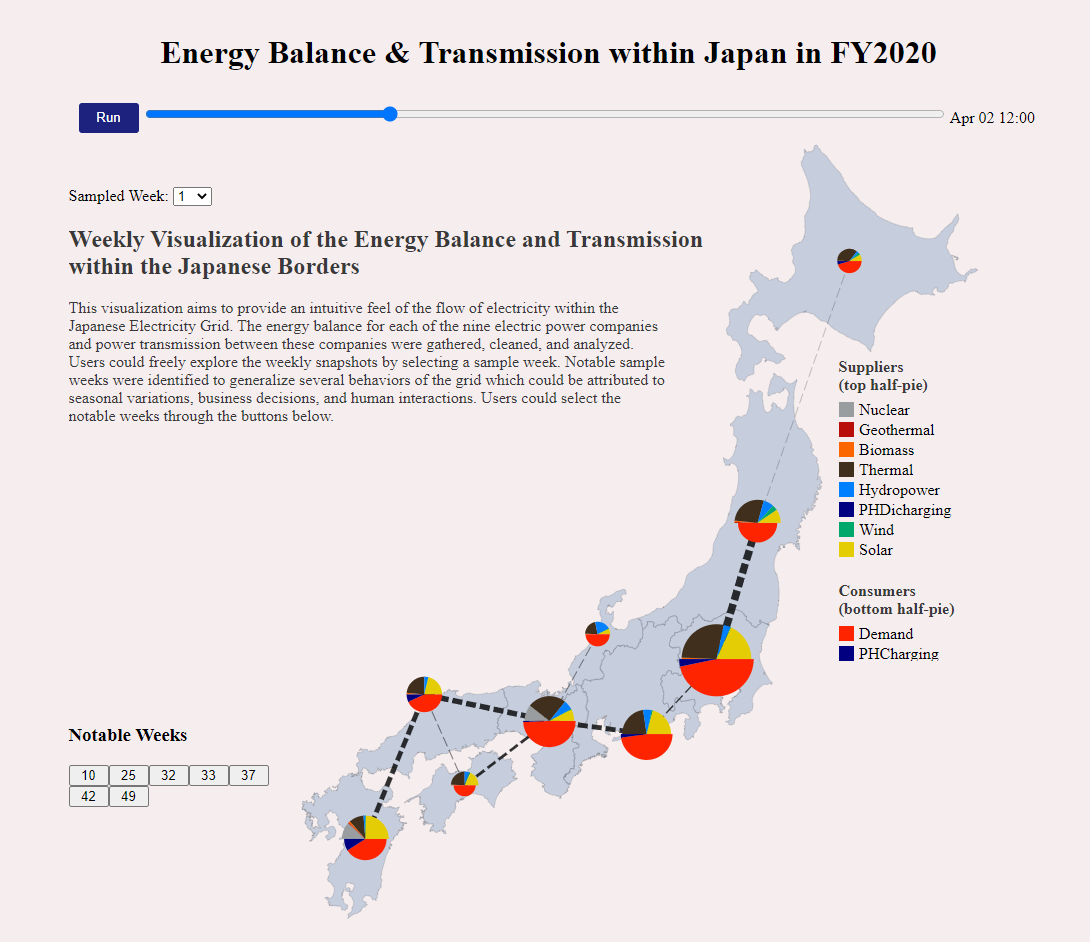Host Researchers in Germany:
- Dr. Thomas William BROWN, Karlsruhe Institute of Technology
Activities:
- Exchange of information via e-mail, use of visualization tools
Aim:
- Learn various workflow in modeling energy systems
Motivation for application
To learn the workflow of the research group that developed an open-source modelling framework for simulating and optimizing modern power systems
I am currently modelling various energy transition pathways for the Kyushu region in Japan, and the Python for Power System Analysis (PyPSA), an open-source tool developed by Dr. Brown’s team at Karlsruhe Institute
of Technology, is instrumental in pursuing this research. Aside from PyPSA, the team also developed a tool to consolidate essential energy modelling data such as generators, transmissions lines, and weather information. I applied for the DAAD-Kyoto University Partnership Programme towards SDGs to learn the workflow of Dr. Brown’s team in pursuing energy modelling. I also wanted to pursue comparative research between Japan and Germany.
Results
Exchange information through email
Although I could not pursue my original plan to go to Germany due to COVID-19, I was still able to get some information regarding modelling approaches through email from Dr. Brown’s team. Despite the challenges of establishing research collaboration online, the email exchanges were still helpful in resolving issues that I encountered in my research.
Utilization of the visualization tool
I also explored the visualization tool that Dr. Brown’s team used to gain a visual understanding of the energy flow in Europe. Using this tool, I visualized the energy flow in Japan using existing publicly available data.
Outlook
I am now finishing my dissertation at Kyoto University with the aid of the tools developed at Karlsruhe Institute of Technology. Although Dr. Brown has already moved to the Technical University of Berlin, he is still pursuing the continuous development of PyPSA. I was told that they plan to have a developers conference for PyPSA by early 2022. I hope to participate in this endeavour and contribute to this open-source modelling tool.

Matthew DUMLAO, PhD student, Graduate School of Energy Science

![[間:AI DA]: supporting international carrier development of early career researchers (ECRs)](/exchange/aida/wp-content/themes/kyoto-u-daad/img/logo-aida.png)



